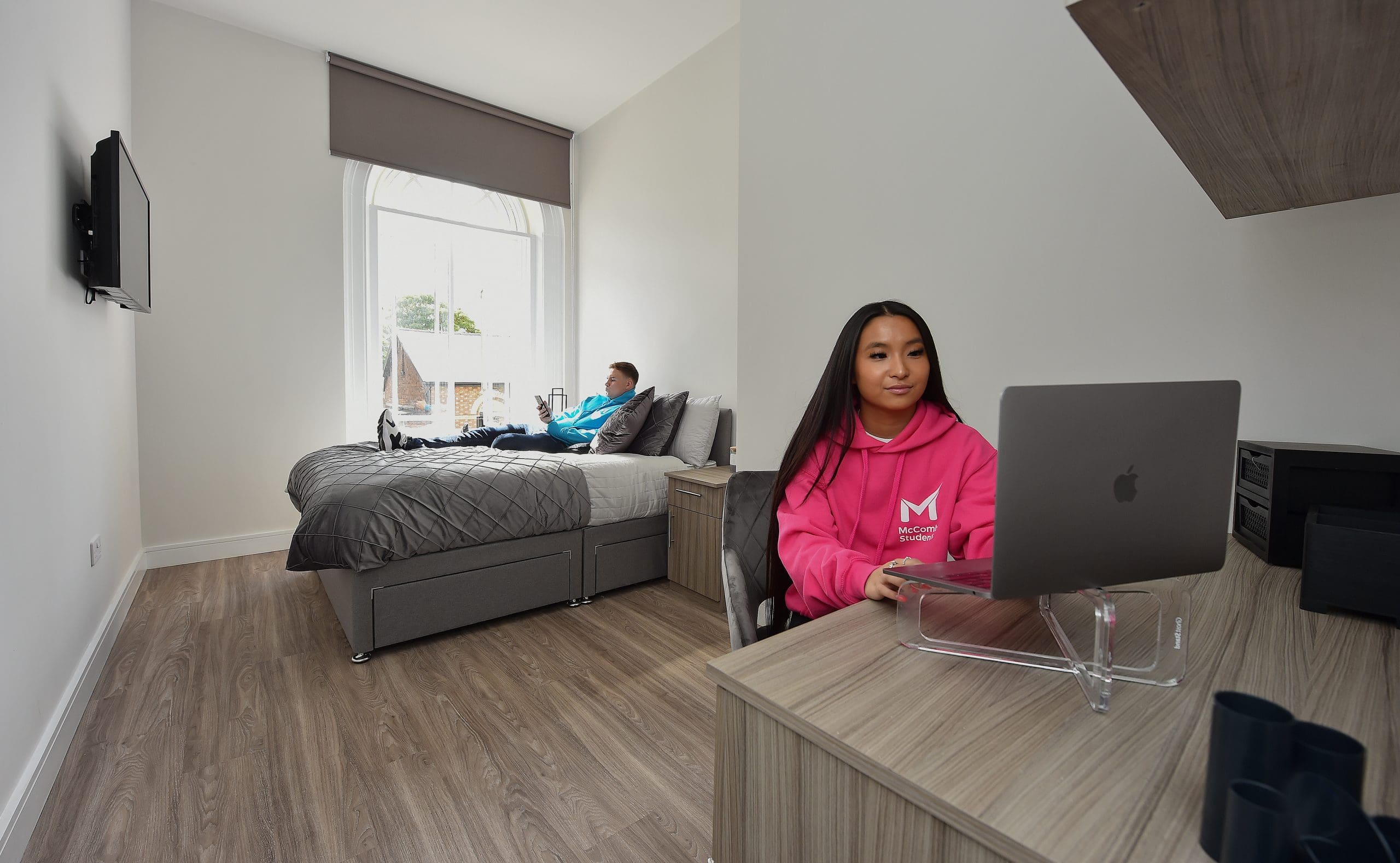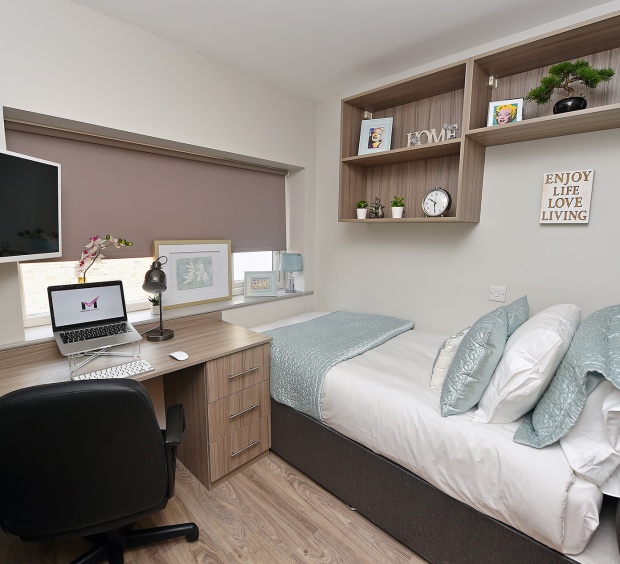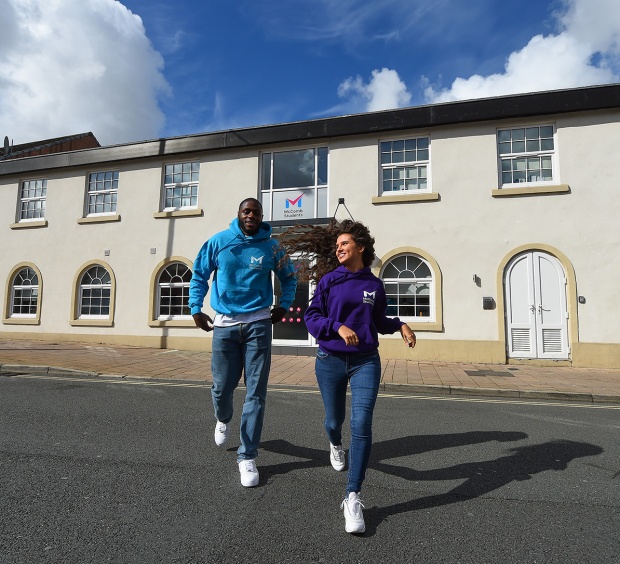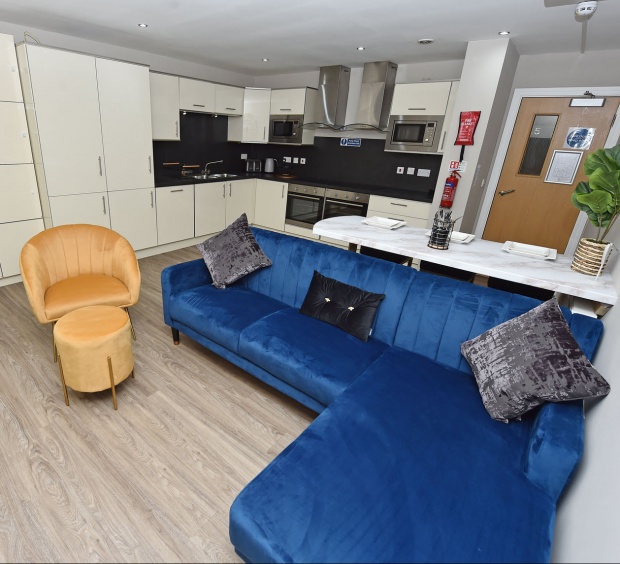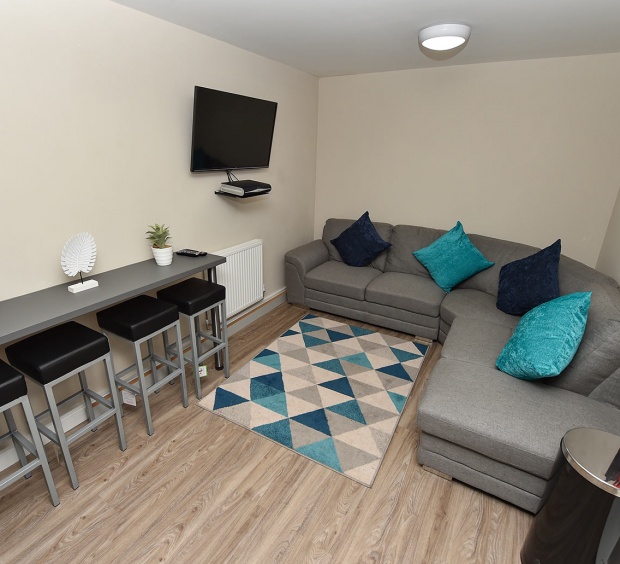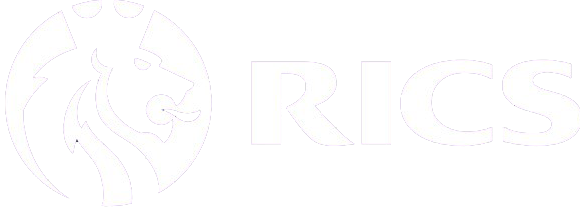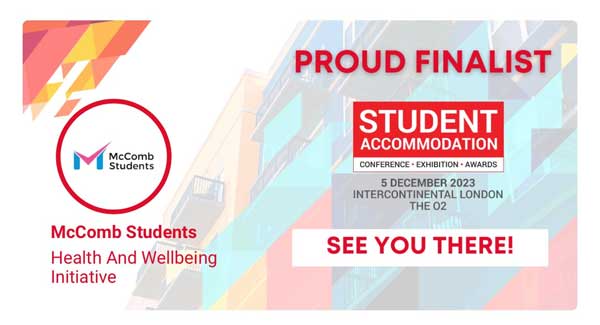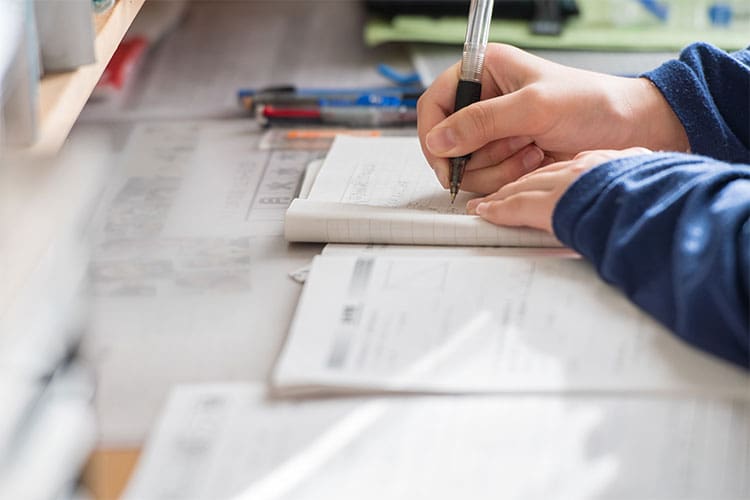

Most people are frightened by simply hearing the word exam. If exams are your worst nightmare and make you feel nervous then hopefully this week’s blog post will help relieve this feeling and help you get prepared for your final exams.
Here are some strategies that can help you revise. There’s something for everyone!
If you’re a visual learner:
- Rewrite your notes as mind-maps
- Use colours to highlight important facts
- Draw diagrams and sketches to help you remember points
- Use flash cards – write the question on one side, and the answers on the other. See how many you can learn, and maybe even get a friend to quiz you.
- Associate things with images, or diagrams. Even a flowchart of an answer can stick in your mind better than just text, sometimes.
If you are an auditory learner:
- Read your notes aloud
- Record yourself reading key points aloud to listen back to
- Revise in groups
- Try singing the key points and associate them with a tune
- Associate certain music with certain topics, and stick to it. This way you’ll have a sound ‘trigger’ to get you in the right frame of mind.
- Rewrite the lyrics to your favourite piece of music to be about your revision topic
- Record yourself reading your notes
If you are a reader and a writer:
- Copy out your notes again
- Read over old notes
- Rewrite key points using different phrases
- Try to write key points from memory, and test yourself
- Write, write and rewrite your notes. See how concise you can make them whilst still retaining all of the information.
- Handwrite your notes. Often, it’s the act of writing itself that can help with memory, and typing doesn’t always have the same effect.
If you are an active learner:
- Move around the room or carry out an activity as you revise
- Mentally test yourself while you are exercising to see what you can remember
- Revise whilst doing something else – walk around your room or doodle on some paper
- Alternate where you learn – perhaps associate certain locations with certain topics
- Make things – diagrams, or models. Ensuring you are active is the best way to learn
Hope this has been useful. If you have any questions, feel free to email me on r.dhodakia@outlook.com.










